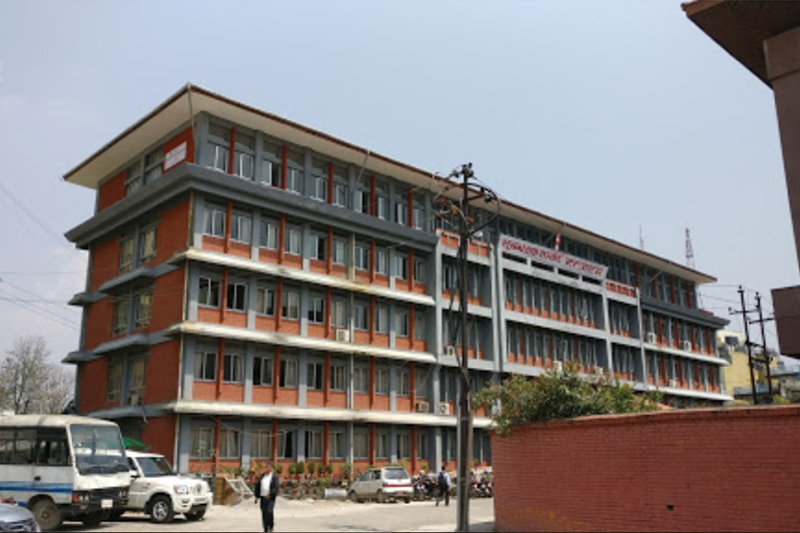Govt move to prioritise state media ‘guided by ill intention’
Kathmandu, October 10
The government’s circular to public institutions to ‘prioritise’ state-controlled media outlets while selling advertisements is likely to deal a financial blow to private sector media houses.
Issuing a letter, the Ministry of Communications and Information Technology has urged all government entities to help make state-owned publications financially sustainable, self-reliant and competitive by prioritising them while selling advertisements.
The ministry’s Spokesperson Ram Chandra Dhakal said the ministry issued the circular after government media — television, print and radio — requested the ministry in writing to ‘help them’. “This is not a policy decision, the ministry just wanted to facilitate government publications,” he said.
According to estimates of the Advertising Association of Nepal, Nepal’s advertising industry is worth around Rs 12 billion annually and government advertisements account for more than Rs 2 billion.
Stakeholders and experts said the government’s move was intended to financially control private media and was against the spirit of the constitution that sought to promote competition.
“If it is a deliberate decision, it’s outrageous,” said Prof P Kharel, former chief of Central Department of Journalism and Mass Communications of Tribhuvan University. He added that only prioritising state media for government advertisements was against the constitution and free-market policy. “If the decision was taken unknowingly, it’s even more dangerous, because it suggests that those in the government are not aware of constitutional provisions.”
He suggested that the government should sell advertisements not equally but proportionately on the basis of investment, fair grading and circulation numbers. He said equal distribution might also lead to injustice to media outlets having massive investment, circulation and readership, while others got regular cash flow sitting idle.
Prof Kharel suggested identifying why state-run media were struggling financially or had low public support and addressing the same by making them more autonomous would be a better idea than only offering government support.
Nepal Media Society also expressed strong reservations over the government decision, stating that the government was trying to take the country towards a closed society.
The society’s Chairman Subha Shankar Kadel said the government’s move was against democratic norms and guided by the motive of crippling private media financially and rendering them ineffective eventually.
“If it is not an impulsive decision of just one ministry and represents the entire government, we’ll have no other option but to launch an agitation,” said Kadel. “We demand that the government immediately roll back its decision.”
READ ALSO:






